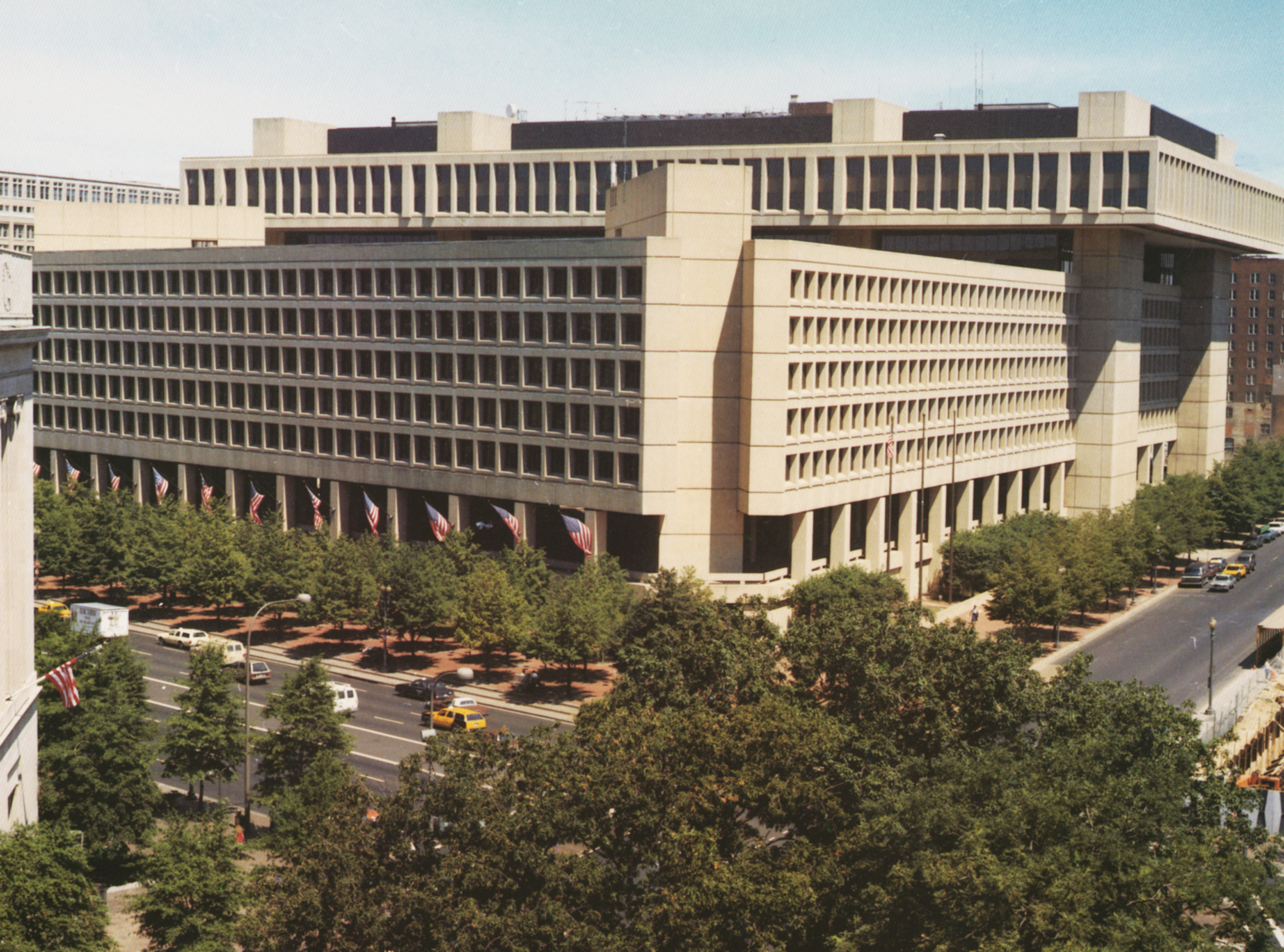Leaks and the Tsarnaev trial: blind justice?

FBI headquarters.

Please note that by playing this clip YouTube and Google will place a long term cookie on your computer.
Please note that by playing this clip YouTube and Google will place a long term cookie on your computer.
We've heard it a million times: the government failed to "connect the dots" after 9/11. While this is a very simplistic (and arguably false) summation of the main intelligence failures that led to the attacks, it has nonetheless largely shaped US intelligence and law enforcement policy in the ensuing decade plus.
Ever since Edward Snowden blew the whistle on dragnet surveillance, national media attention has largely focused on the National Security Agency. It makes sense. The NSA is shadowy, enormous, and incredibly powerful. The technological capabilities at NSA far outshine those at other government agencies. But the FBI has more of an impact on the day to day lives of people throughout the United States, and can lock up people in prison.

Photo credit: Ed Schipul
We’ve heard a lot lately about police departments’ use of cell phone sniffers called “Stingrays”. These devices, technically called IMSI catchers, sniff out the identities, metadata, and sometimes even content from cell phones within a given geographic area.